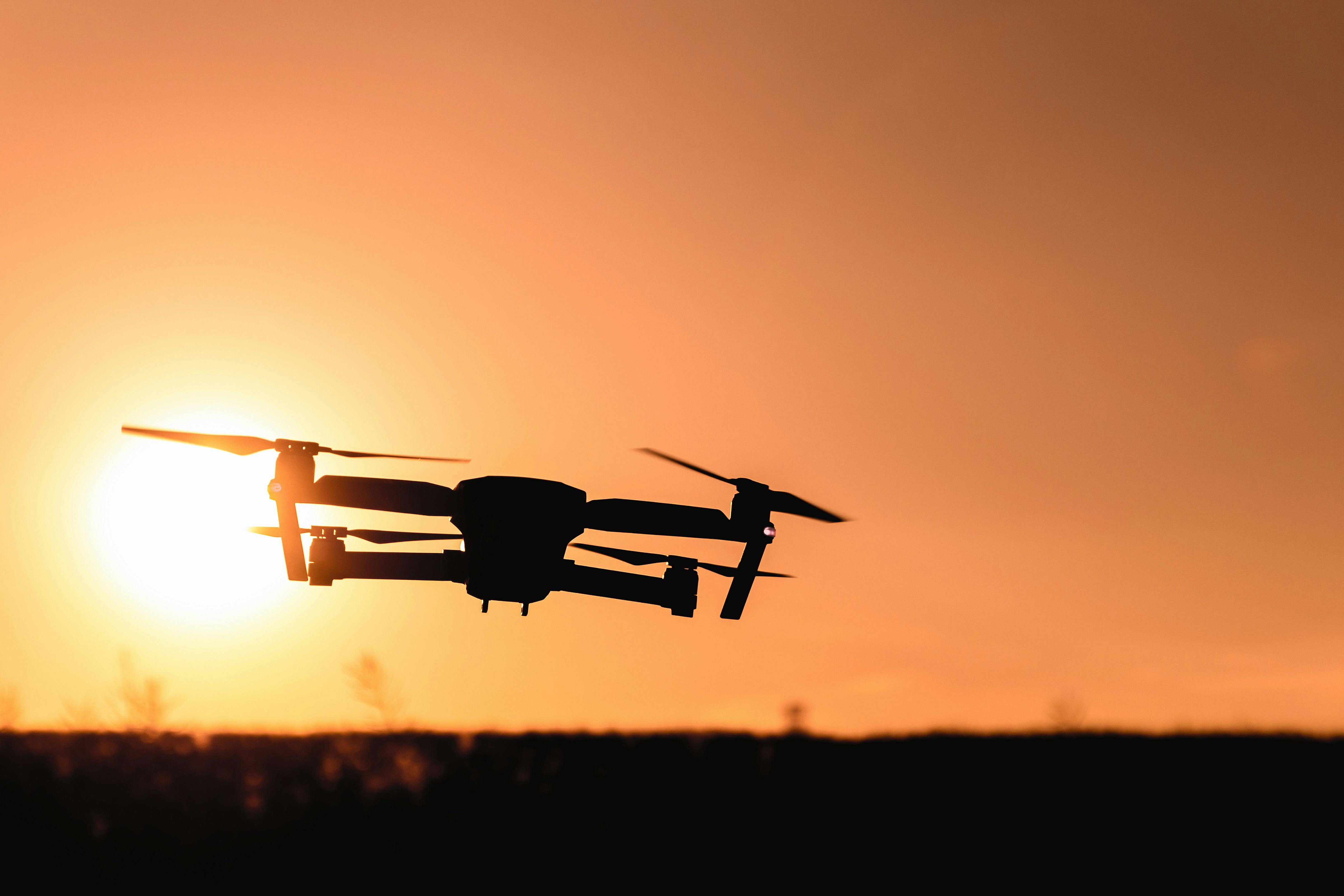A Closer Look at the Legality of Drone Strikes
The advent of drone technology has brought with it a host of legal and ethical questions. This article delves into the legal implications of drone strikes, discussing their historical context, current developments, and potential societal impacts. The use of unmanned aerial vehicles (UAVs), commonly known as drones, in warfare dates back to the mid-20th century. However, it is the post-9/11 era that saw a significant increase in their use, particularly by the United States. The legal justification for these strikes comes primarily from the Authorization for Use of Military Force (AUMF) passed by Congress in 2001, which allowed the President to use "all necessary and appropriate force" against those responsible for the September 11 attacks.

Current Developments in Drone Strike Laws
In recent years, drone strikes have become a contentious issue within the international legal community. A notable controversy revolves around their use outside of traditional battlefields, in countries such as Pakistan, Yemen, and Somalia. Critics argue that these strikes violate international law, specifically the prohibition on the use of force in another state’s territory without its consent. Proponents, however, contend that these strikes are justified under the principle of self-defense, given that the targeted individuals pose an imminent threat to national security.
Implications and Impact on Society
The legal debate over drone strikes has significant implications for international relations and human rights. The lack of transparency and accountability surrounding these strikes has raised concerns about potential abuses of power. Moreover, the civilian casualties resulting from such strikes have sparked debates about their proportionality and discrimination, central principles in international humanitarian law.
Legal Facts and Research
Several legal experts and scholars have weighed in on the drone strikes debate. Some argue that these strikes are legal under international law, provided they adhere to the principles of necessity, proportionality, and distinction. Others, however, maintain that they violate the sovereignty of other states and the right to life of those targeted. A consensus on the legality of drone strikes remains elusive, reflecting the complexity of applying traditional legal norms to new forms of warfare.
Balancing Depth and Accessibility
Understanding the legal aspects of drone strikes requires navigating complex legal principles and debates. Nonetheless, it is crucial for informed citizens to grasp these issues, given their far-reaching implications for human rights and international relations. By offering a nuanced analysis of these strikes’ legality, this article aims to make these complex issues comprehensible and accessible to a broad audience.
In conclusion, drone strikes present a complex legal dilemma, one that underscores the challenges of applying traditional legal norms to rapidly evolving military technologies. As the debate continues, it is essential for citizens and policymakers alike to stay informed about the latest developments and understand their potential implications.




